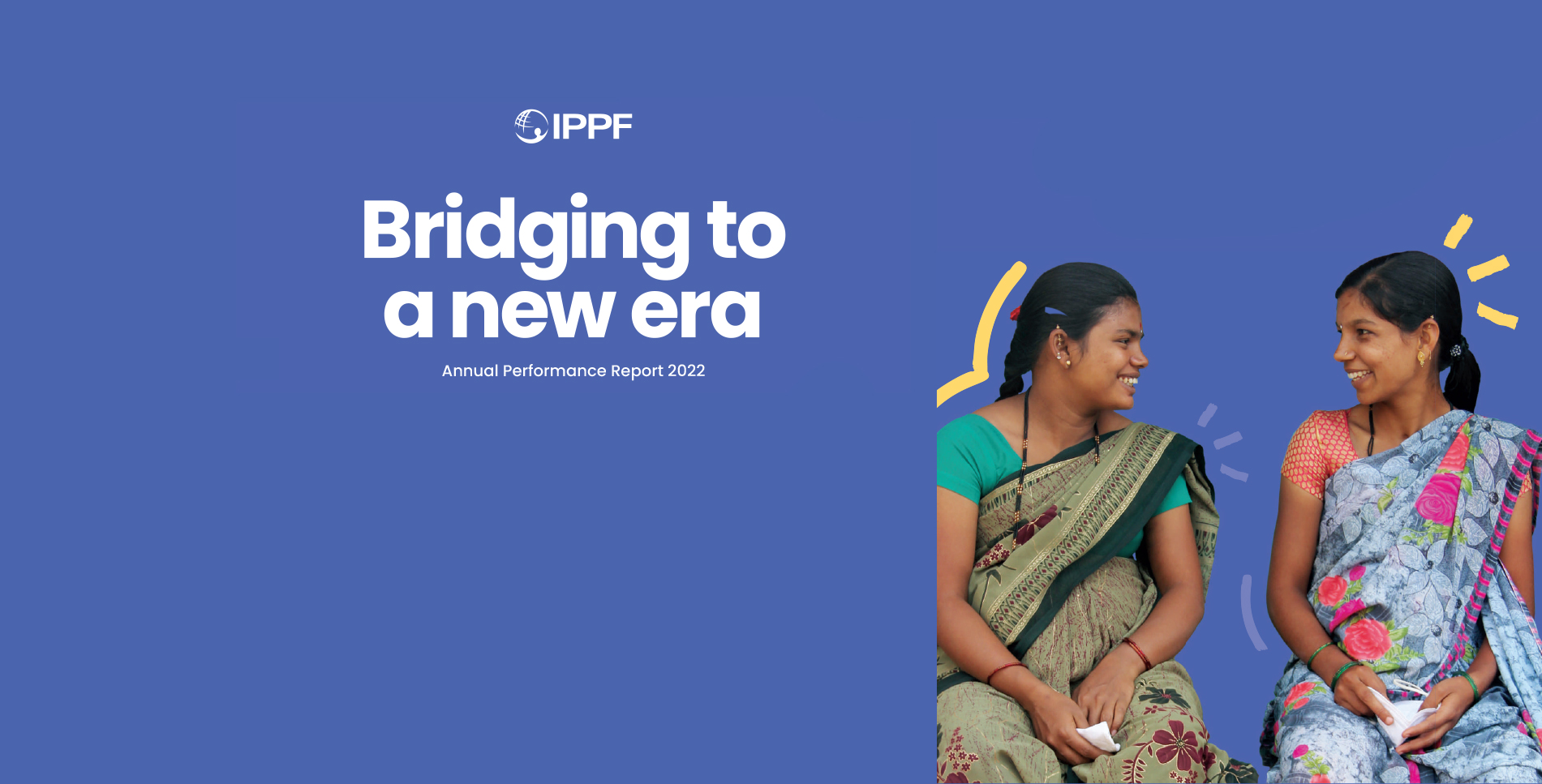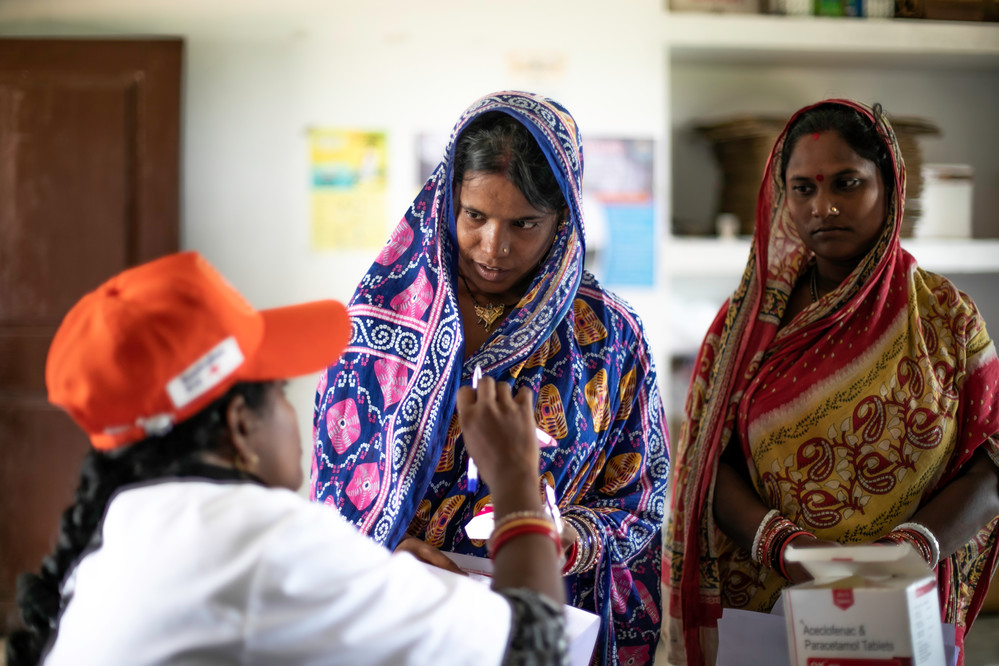Spotlight
A selection of resources from across the Federation

2022 Annual Performance Report
Bridging to a new era.
Filter our resources by:

| 24 August 2020
Narrative Report Business Continuity Fund
Acting on the urgency to ensure sustainability of regular Memnber Associations' activities, IPPF SARO promptly designed a bridging fund for business continuity during COVID-19. The report studies the utilization of these business continuity funds from April - June 2020. Despite the threat of COVID-19, members are are finding ways to provide Sexual and Reproductive Health and Rights through targeted operational hours of clinics, tele-counselling and community outreach in compliance with social distancing norms. Despite these innovations and proactive initiatives, the last three months (April to June 2020) have seen an estimated 60-70 per cent reduction in overall clinic services.
| 29 June 2020
Enabling abortion services during Covid-19 in South Asia: Experiences from India and Pakistan
The unfolding COVID-19 crisis has restricted access to contraception and safe abortion services, with the poorest and most marginalised women and girls being the worst affected. It is important that women continue to have access to safe abortion services during the COVID-19 pandemic. Whether they can access them safely and with dignity depends upon every one of us to rise to the challenge to provide them. During this challenging time, IPPF Member Associations are responding and adapting to this evolving situation and are committed to delivering the services to the women. In order to capture the innovative approaches implemented by Member Associations (MAs) for safe abortion services amid COVID19, interviews were conducted with two MAs from South Asia – Family planning association of India (FPAI) & Rahnuma -Family Planning Association of Pakistan (R-FPAP), on range of topics including Telemedicine, Abortion consultations and Post abortion contraceptive. IPPF team have collated questions and answers (Q&As) which can serve as a practical guidance for those working on Sexual and Reproductive Health and Rights.









